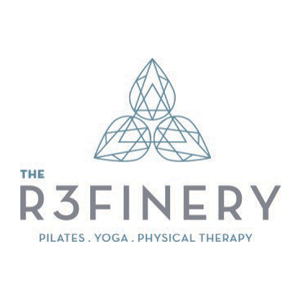The Nervous System Is Not a Problem to Fix
August 5, 2025
In the face of stress, anxiety, or trauma, many people come to therapy thinking, “What’s wrong with me?” or “How do I fix myself?” At Presence of Mind Therapy, we meet these questions with compassion and with a reframing that often brings a deep sense of relief: Your nervous system is not broken. It’s doing exactly what it was designed to do.
Your Nervous System: An Ally, Not an Enemy
The nervous system is your body’s internal communication network. It manages how you respond to the world around you; whether that means preparing for danger, engaging in meaningful connection, or allowing you to rest and recover. When people talk about feeling “anxious,” “frozen,” or “numb,” they’re often describing a nervous system response that’s gotten stuck in overdrive or shutdown due to overwhelming experiences.
But here's the key: these responses are not failures. They are evolutionary adaptations, or your body’s way of protecting you when something feels unsafe or too much to handle.
Regulation, Not Suppression
At Presence of Mind Therapy, our work is not about controlling or suppressing your nervous system. Instead, we help you understand it, befriend it, and learn how to regulate it with care. That means learning how to move between states of activation (like stress or anxiety) and states of calm or social engagement with greater flexibility and awareness.
Your Nervous System: An Ally, Not an Enemy

How We Support Nervous System Regulation
At Presence of Mind Therapy, we support nervous system regulation through an integrative and compassionate approach that honors the whole person: mind, body, and spirit. Whether through talk therapy, somatic practices, spiritual exploration, or ketamine-assisted psychotherapy, our clinicians help clients learn to understand and respond to their internal states with greater awareness and care. Rather than trying to override or suppress difficult emotions, we create space to explore what your nervous system is communicating and why. With this deeper understanding, you can begin to cultivate tools that bring balance, resilience, and a greater sense of safety within yourself.
Learning a New Language of Safety
When we stop seeing the nervous system as something to “fix” and start learning how to listen and learn from it, everything changes. We begin to understand that anxiety is often a signal, not a flaw. That dissociation is a coping strategy, not a defect. And that healing is not about achieving constant calm, but about becoming more skillful at navigating the waves.
At Presence of Mind Therapy, we’re here to walk with you on that journey. To help you build a deeper relationship with your body, your emotions, and your inner world. You don’t need to be fixed. You need to be met with presence and compassion.
Ready to reconnect with your body and build a sense of safety from within? Give us a call at (908) 663-2441 or email us at newclient@presenceofmindtherapy.com
Ready to reconnect with your body and build a sense of safety from within? Give us a call at (908) 663-2441 or email us at newclient@presenceofmindtherapy.com
Presence of Mind Therapy Blog

What actually happens in therapy? This post breaks down the core elements of the therapeutic process, from the importance of the client-therapist relationship to informed consent, neutrality, and what therapy is (and isn’t) meant to provide. A grounded, compassionate introduction for anyone considering therapy.





















Share On: